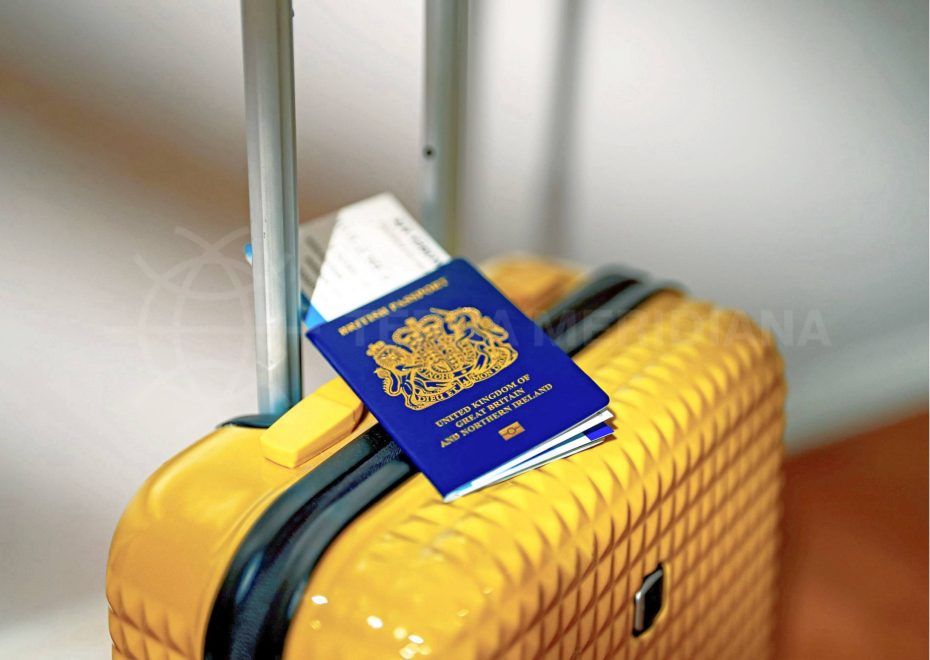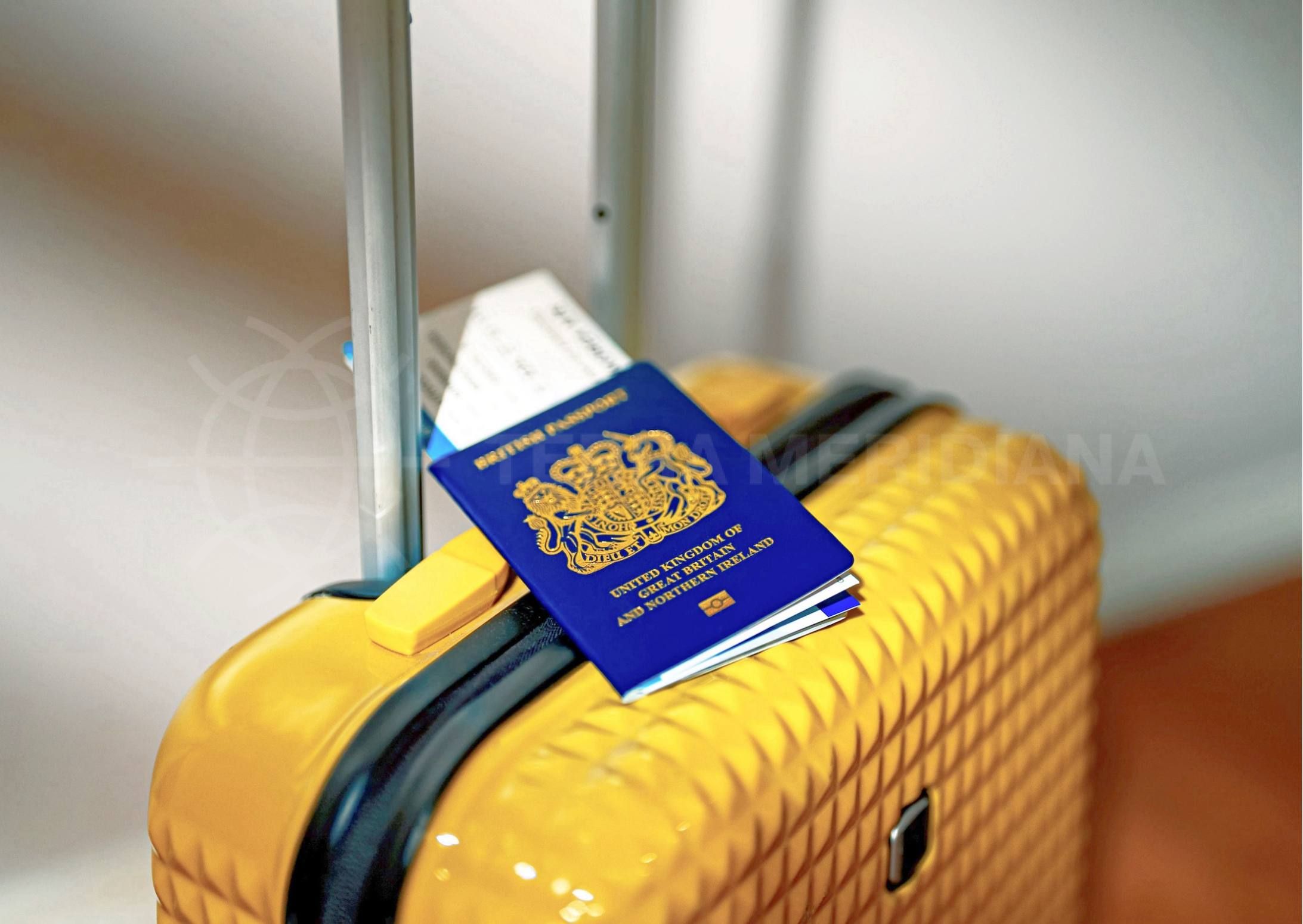
Opinion
Will Brits be able to stay in Spain for 180 days?
There’s good news, and there’s bad news. There’s possibly a loosening of visa rules, and there’s also a tightening of visa rules. It’s hard to know whether to get excited or feel trepidation.
What I’m referring to are the mixed signals coming out of Spain and the EU these days regarding travel to the Schengen Zone countries for those from the outside. Obviously, since Brexit, that now includes Britain.

French Senate’s Amendment: A Hope for UK Nationals
In recent days, there has been much excitement about increasing the visa-free stay in France for UK nationals. This is the result of the French Senate voting in support of an amendment to the immigration law making its way through the French political system.
That amendment was put forward by Senatrice Martine Bethet, who represents the Auvergne-Rhône-Alpes region in southern France. She has many British second-home owners in her region, which obviously benefit from the economic activity that they generate.
Since Brexit, Brits – with or without second homes – have only been allowed to stay 90 days out of every 180 days in the Schengen Zone as a whole. That means that if you own a second home in Auvergne-Rhône-Alpes and spend three months there, you cannot even travel to Berlin or Rome until another 90 days have passed.
It is possible to get an exception to this rule by applying for an extended stay visa – and many people do. But it is a bureaucratic hassle that also carries a fee. You also must repeat the process every year.
The amendment wants to grant British nationals the same right that, ironically, Britain grants to EU nationals: the right to six months of visa-free stay per year.
Impact on British Second Home Owners in Spain
This is of huge interest to tens of thousands of British nationals in Spain as well. According to the recent English Housing Survey, 86,000 Brits have second homes here.
The top sheet from that extensive survey shows that over half of all second homeowners use it for either holidays or as a retirement home. Next, at 35%, second homes were owned as a long-term investment.
With the British making up almost a quarter of all tourism to Spain, this is an issue of concern to the Spanish government and anyone who works in the tourism sector. Tourism now accounts for a very significant 12% of Spanish GDP.
It was likely with that in mind that Hector Gomez, Spain’s acting Tourism Minister, recently met with the UK’s Director of Consular Affairs. Described as a very important meeting, Gomez stated that they met to discuss “issues of interest regarding the stays of British tourists in Spain and discussed collaboration projects for future seasons”.
Unfortunately, as Gomez also pointed out, the laws on visa-free stay are made at the level of the EU. Spain cannot unilaterally change the law and must instead lobby the EU.
The Challenge of ETIA and Future Implications
And that brings us to the bad news of this story.
While Spain and France want to see change, it conflicts with new laws that are coming into effect in the EU. That particularly relates to the introduction of the ETIA system.
ETIA stands for European Travel and Information Authorisation System, and it will come into effect in 2025. ETIA will affect nationals from 60 countries that currently are permitted 90 days of visa-free travel out of every 180 days to EU countries. That includes the UK, the US, and most of Latin America.
From 2025 – no specific date has currently been set – travellers from those countries will have to fill out a form online to be able to enter the EU. They will also have to pay seven Euros to receive the 3-year travel authorization. That process could take minutes – or it could take up to 30 days.
Not very heartening for those who were hoping for fewer hoops to jump through. It isn’t called a visa, probably because it would cause treaty problems with countries such as the USA and the UK. But it is a de facto visa by another name.
You can also call me sceptical that the roll-out will be as smooth as they suggest. Anyone who has dealt with EU bureaucracy in the past will likely feel the same. Perhaps it will only take minutes, and maybe it will take days. Once introduced, it also becomes much easier to increase the stringency of the ETIA.
Adding another layer of permission for people who just want to get to the beach to relax is not a good business practice. This will be especially true if it does turn out to be more difficult. For instance, no visa is required for UK tourists who want to head to Egyptian or Turkish resorts.
Conclusion: A Future of Uncertainty and Hope
So, there are indeed mixed signals as different countries and politics within the EU push and pull in different directions.
We can only hope Spain continues to welcome British travellers and those with second homes. The noises from the Spanish government suggest that is their active intention. That, at least, is good news, along with the amendment passed in the French Senate.
By Adam Neale | Opinion | November 20th, 2023
Related Posts


